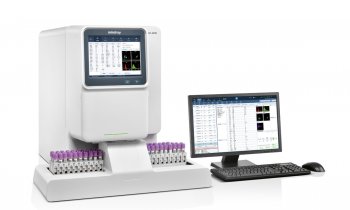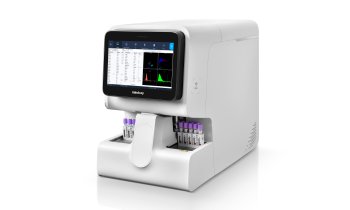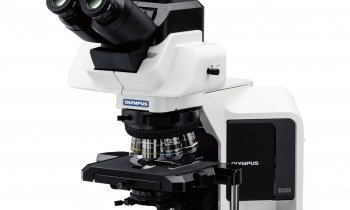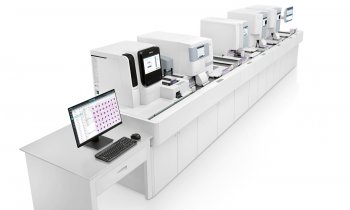Herpes zoster
Shingles doubles stroke risk for several years
The study by researchers from the Department of Neurology at the University of Ulsan College of Medicine in Seoul showed that herpes zoster infection not only raised the risk of ischaemic and haemorrhagic stroke but also that of a transient ischaemic attack (TIA), a warning mini-stroke often preceding a full-blown stroke.
Lead researcher Sun U. Kwon and colleagues assessed the prevalence of stroke/TIA in people who experienced shingles, which is triggered by a reactivation of the varicella zoster virus that causes chickenpox in children, and those who did not. People who were diagnosed with shingles were almost twice as likely for several years to have a TIA or full-blown stroke, the study showed. The risk after infection was highest in the youngest people studied; 18-to-30-year olds were more than twice as likely to have a TIA or stroke, and the risk continuously decreased over time.
“Herpes zoster infection in young people occurs against a background of few other traditional risk factors for stroke, so this is not really a surprise,” explained co-author Sung-Han Kim. “However, it is interesting and more unexpected that the increased stroke risk that followed herpes zoster infection lasted for several years. We found people to be more at risk of stroke for a long period after infection, even when we adjusted for other known stroke risk factors. This suggests that infection with this virus is an independent risk factor in stroke pathogenesis that changes the lifetime set point of stroke/TIA risk,” concludes Sung-Han Kim.
The researchers used a large South Korean health database of more than 1 million people to examine the relationship between herpes zoster infection and TIA/stroke. The prospective cohort study was a major undertaking involving the follow-up of 766,179 adults for 11 years from 2003.
In many parts of the world, stroke is comparable with cancer and myocardial infarction as a major cause of mortality. Stroke is associated with a plethora of risk factors, but it is not well known that infectious diseases also play a role. Tuberculosis and syphilis have already been shown to increase the risk of succumbing to stroke. Previously existing evidence for a link between shingles, or herpes zoster infection, and stroke/TIA was fairly weak, with two epidemiological studies hinting at an association[1][2].
Further work will be necessary to investigate the underlying pathological mechanisms. The authors suggest that the most important question raised by this study is whether more aggressive anti-viral treatment could prevent death and serious disability in younger people who succumb to shingles.
Source: ESCMID
[1] Kang JH, Ho JD, Chen YH, Lin HC. Increased risk of stroke after a herpes zoster attack: a population-based follow-up study. Stroke 2009: 40; 3443-3448.
[2] Breuer J, Pacou M, Gauthier A, Brown MM. Herpes zoster as a risk factor for stroke and TIA. Neurology 2014: 82; 206-212
05.07.2016











